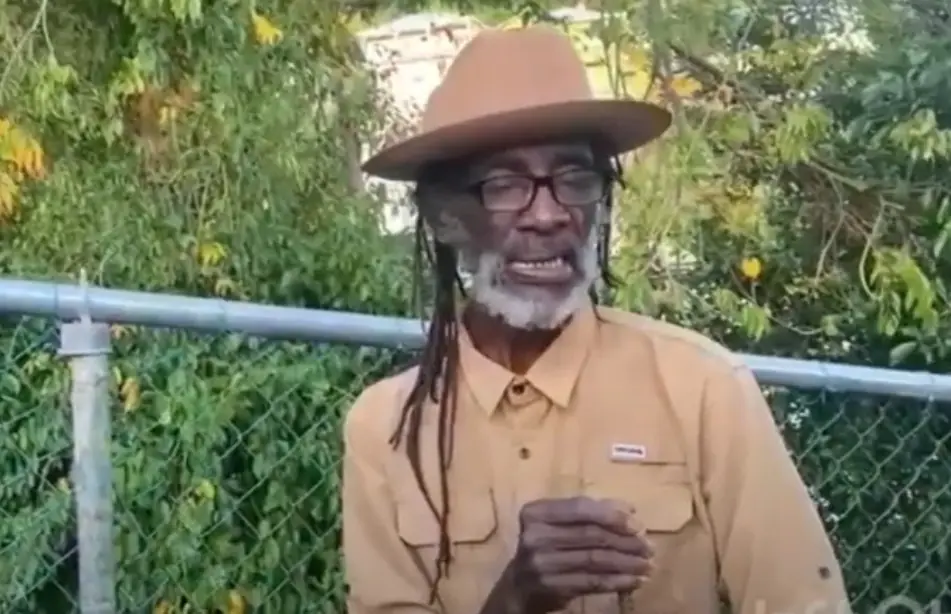In 2018, the Government of St. Vincent and the Grenadines brought before the nation’s Parliament three bills, a Medical Cannabis bill, an Amnesty bill and a Sacramental bill, to be reviewed by a Parliamentary Select Committee, which comprised of the Opposition, New Democratic Party, the Christian Council of Churches, representatives of Youths, representatives of Rastafarians and Traditional Cultivators, and other stakeholders. Except for the Sacramental bill, which was withheld on the insistence of the representatives of Rastafarians, in disagreement with some aspects of it, the other bills were passed and promulgated into laws. The consensus was that the Sacramental bill would be revisited following more consultation with a broader Rastafarian community.
Since then, several Caribbean small island states have followed, or at least have taken steps in the same direction.
For us, and by us, I mean all of us, including the bigger companies, and the more well-off individuals, who have invested , but particularly, for the community of Traditional Cultivators and Rastafarians, the journey, so far, has been very challenging.
For example, as investors, broadly speaking, we are yet to break down some of the international barriers that would allow us to market our produce internationally, while at the regional level, the petty differences and rat-race behavior of some policy people from the respective countries, prevent us from so doing. As for traditional cultivators, while we are presently allowed to grow Cannabis, as provided by the Amnesty, coupled with a policy of tolerance, the current situation forbids us from legally dispensing that which we grow.
As a result, and in some instances, out of political spite, we often blame the Government. Though, in essence, it is not the Government who is at fault. Infact, no Government, be it the ULP or the opposition NDP, would be able to alter the situation overnight.
The crux of the matter lies in the genesis of the problem, which goes back as far as 1937, when in the United States, that country’s Government passed the Marijuana Tax Act, making Cannabis illegal. Following in the same direction later on, was a body of Nations, under the auspices of the UN or the League of Nations, which ever it was called, where the USA and other powerful anti-cannabis nations held undivided sway. From there, it became an international law, enshrined in the International Single Convention of 1961, imposed on every member state of the global community, including, of course, St. Vincent and the Grenadines, which, at the time , was a colony of England. At present the fight for cannabis reform is taking place on every continent
The idea of the imposition of such a law was not because cannabis was a dangerous substance, as was propagated, but principally in defence of an expanding capitalist empire, controlled by Western Europe and the United States of America, who, at the time, were busy consolidating their strangle hold on the people of Asia, Africa, the Middle East, North and South America, including the Caribbean, where Cannabis was present for centuries, being used as a raw material in the manufacture of clothing, in the construction industry, as a medicine, and in religious, as well as other ceremonies , among other uses.
To them (the colonials), Cannabis posed a potential threat to their economic expansion, particularly to their growing fabric and pharmaceutical industry, and the growth of their colonial empire.
Today, after more than 100 years of deliberate lies surrounding Cannabis, coupled with their crumbling domination on the Cannabis front, they are putting all sorts of defence mechanisms in place, including very rigid regulations which would make difficult the exportation of Cannabis from countries like the St. Vincent and the Grenadines, and Jamaica, into their own economies, where there’s demand for our produce, and, where the fastest growing consumption lies .
The fact that some former colonial powers now accept Cannabis as an economic path is not so so much a compliment to their respective Governments , as it is to the pressure from their own people, particularly working and grass-root communities there, who by their own experiences have come to discover the truth surrounding the history of Cannabis, which in itself poses a potential threat to their rulers governing the old way.
Today, there is a united front globally to have Cannabis accepted as a useful commodity. From Europe to America, from Asia to Africa, South America and the Caribbean, there is a united front aimed at having traditional cultivators compensated for all the wrongs against them, under the guise of fighting against Cannabis as a dangerous drug.
Thanks to this intentional solidarity. Thanks to international organizations like Transnational Institute, and Open Society, and entities like High Times, all of whom have been playing a leading role in this fight. But, most importantly, thanks to the resistance of all the traditional cultivators wherever they are found, the battle has reached in the belly of the United Nations, the highest and most authoritative body on the subject, and where progressive Policy people and Civil Society representatives are making their presence and voices felt and heard respectively.
In this respect, St. Vincent and the Grenadines is playing a leading role, as seen at the 68 Session of the United Nations Commission on Narcotic Drugs, which was held on March 10 to 14, 2025, last month. Making representation on behalf of Medical Cannabis Authority SVG and the region, and on behalf of the nation’s traditional cultivators was Dr. Jerrol Thompson, CEO of the MCA and Spirit Cottle, a traditional cultivator himself.
The following is a video presentation by Spirit to that session:


